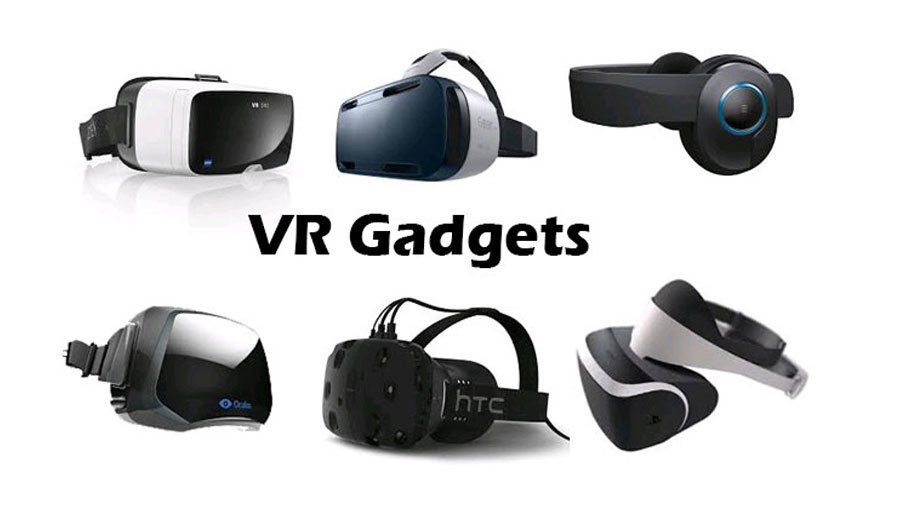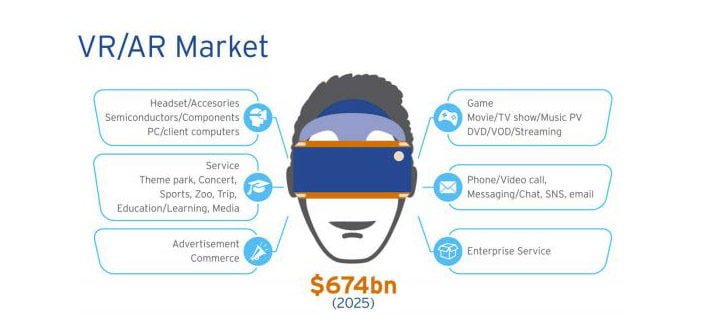The gaming industry is always one of the first ones to accept a new technology. AR and VR are no exceptions. AR and VR have seen wide usage in gaming industry already. Earlier this year, HTC Vive released a virtual reality device that was quite a pleasant experience. Also, Facebook-owned Oculus rift is not far behind in this race. But let us not get ahead of ourselves. Meanwhile, there are some checklists which need to be ticked if we plan to make sure this euphoria lasts long.
6 important pre-requisites for AR/VR acceptance
Ecosystem of Developers
The reason why android attracts a medley of open source developers is because it is a huge ecosystem and it has gained critical mass. There aren’t many games which support VR/AR right now.
Economical Devices
At the beginning of a product cycle, a product tends to be a tad expensive but HTC Vive priced at 759 Euros and Oculus rift priced at $599, makes it unaffordable to a broad segment of the populace. Gaming is a huge industry and elitism is not the norm here. Economical VR headsets draw huge attention from potential buyers. The product needs to be affordable if it needs to be popular with the masses. Period.
Latency is not cool
Users complain about the latency period and nausea that exists in AR devices. The gaming industry is probably one of the most technologically advanced industry. The user expectations are really high. Gamers will not accept any below par experience. Gamers are not worried about the technology but are concerned more about the experience. The VR and AR games need to undergo a painful metamorphosis for wide acceptance.
Compact Devices
The devices available right now requires a lot of space and research should be allocated to reduce it. As was the case with the computers, the devices over a period of time is bound to get smaller and smaller. We are waiting eagerly to see the device size reducing drastically.
User Privacy
With the proliferation of devices and internet of things taking off, privacy seems to be the predicament that is worrying a lot of government officials. Google street view was banned in India because of privacy concerns. Augmented reality devices can send a massive amount of data to servers thousands of miles across the world and the companies have to make suitable precautions assuage this fear.
Ads are a pain while Gaming
One of the most common ways to fund any project is by publishing ads on platforms. We need to be very careful in introducing ads along with the new technologies like AR and VR. Furthermore, with the proliferation of these devices, the bombardment of ads targeting the users seem to worry them.
In conclusion, the companies need to make the personal data encrypted, making the devices affordable to the masses, reduce the latency period, bring more developers on board and make sure the space used up is less.
Therefore, the future of Augmented/Virtual reality indeed looks bright and the speed breakers need to be tackled as soon as possible to elevate the industry to the next level.




